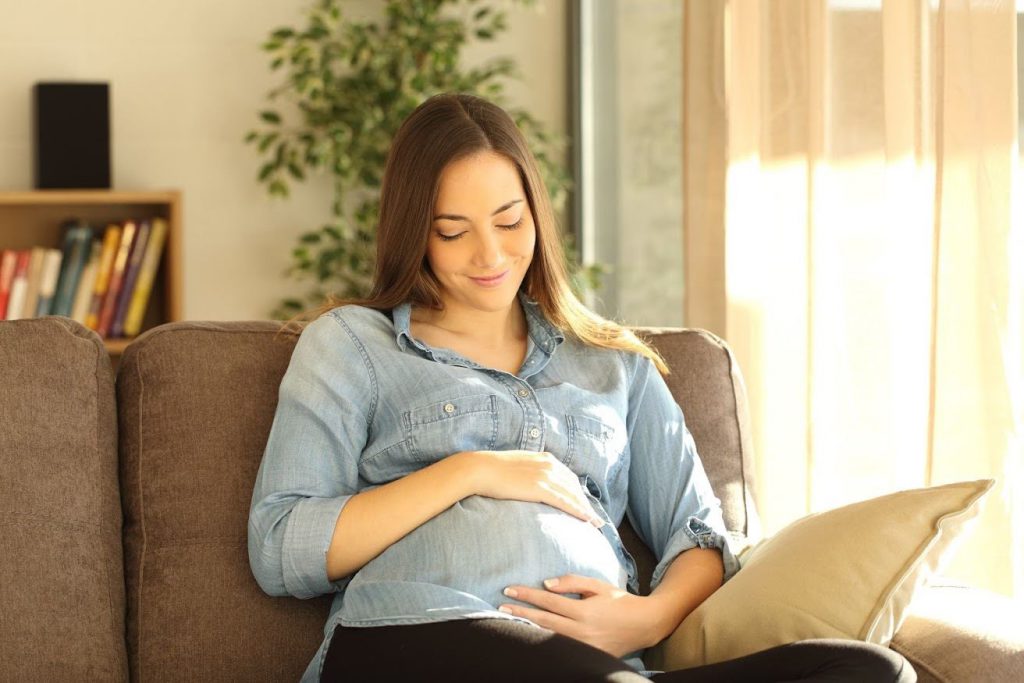Pregnancy: Looking After Yourself During Isolation and the Coronavirus Outbreak
Most women experience a simple and healthy pregnancy with no complications, however it is important to take care of both you and your baby during this time.

Since this outbreak of coronavirus first started in December 2019, pregnant women appear to only experience mild symptoms of coronavirus.
What are mild coronavirus symptoms?
This strain of coronavirus, COVID-19, can cause a range of respiratory symptoms such as a sore throat, persistent cough and shortness of breath. Around half of patients also experience a fever.
For patients of coronavirus who are pregnant, they are likely to experience symptoms similar to a mild/moderate cold.
Are pregnant women high risk?
Pregnant women have recently been added to the list of ‘vulnerable people’ by the government in the UK, and as a result, it is recommended that they take “particular care to minimise their social contact” during the coronavirus pandemic.
Although the symptoms pregnant women experience are not likely to be as severe as those with severe underlying health conditions, these extra precautions are seen as necessary to ensure the absolute best health of both the expectant mother and her baby.
Public Health England advises the following social distancing measures to reduce the risk of catching coronavirus. Women who are pregnant are advised strongly to limit their face-to-face interactions with others, and follow this guidance as carefully as possible:
- Avoid contact with someone who is displaying symptoms of coronavirus (COVID-19). These symptoms include high temperature and/or new and continuous cough
- Avoid non-essential use of public transport when possible
- Work from home, where possible. Your employer should support you to do this.
- Avoid large and small gatherings in public spaces, noting that pubs, restaurants, leisure centres and similar venues are currently shut as infections spread easily in closed spaces where people gather together.
- Avoid gatherings with friends and family. Keep in touch using remote technology such as phone, internet, and social media
- Use telephone or online services to contact your GP or other essential services
Attending antenatal appointments
As long as you are feeling well and no one in your house has recently displayed symptoms of the coronavirus, at this time you can attend any antenatal appointments scheduled. It is advised that you limit bringing extra company to these appointments, to reduce the number of people visiting the clinic and the risk of spreading the virus.
Contacting your midwife
Although some appointments with your midwife may be cancelled during the period that the UK is in lockdown, you should be able to contact them via telephone and seek advice should you be worried or concerned about anything related to your pregnancy. The maternity unit at your designated hospital will also be contactable during this period, as midwives and nurses are still required to deliver this service.
General advice
Although the COVID-19 pandemic can cause anxiety and stress, it is always important for pregnant women to place looking after their wellbeing at the top of their priority list. Avoiding alcohol and smoking, looking after your sleep and being aware of how you position your bump in bed, as well as maintaining a healthy diet and range of gentle exercises are all key in nurturing both you and your baby.







